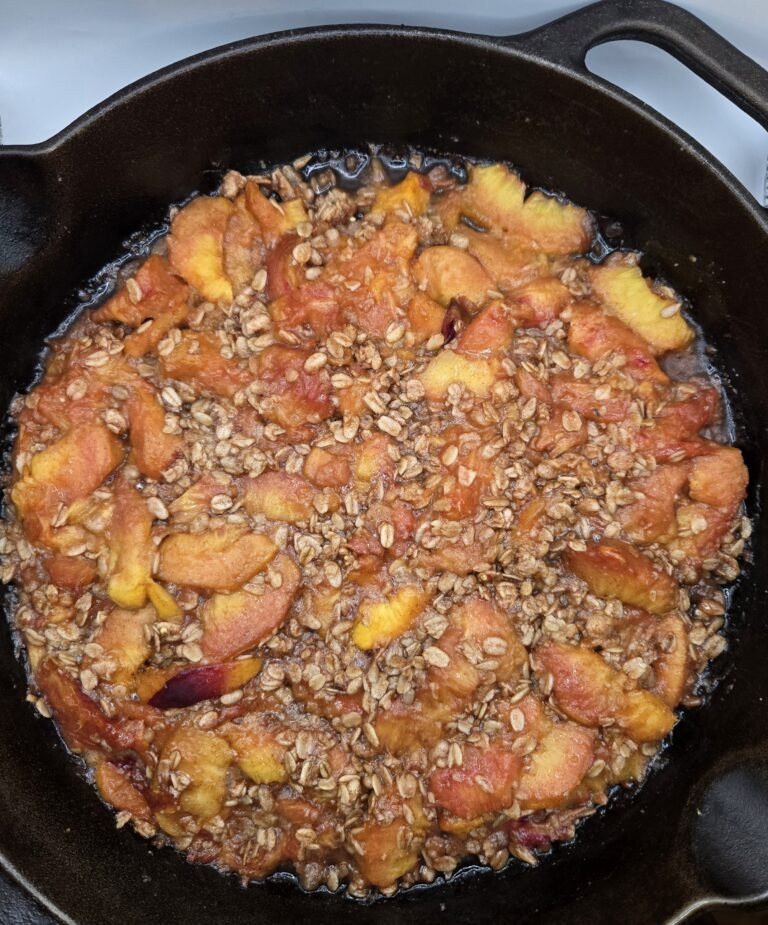Meat-free meals are not the norm for us, and doing a complete transition,not just from fake foods, but all the way to vegetarian, would be a major shift. We’re still going to eat local farm purchased meats and eggs, and maybe even a local chicken once a year, if I get over how disgusting confinement chicken is,find a farm, and wait for chickens to be in season.
Some good first steps to reducing red meat, is to make sure you’re not eating meat more than once a day, then make it the smallest part of your plate, then move to only once or twice a week. Some time ago, I subscribed to Vegetarian Times through a deal where it was only $4.95 for the year (!) and I piled up a lot of good recipes where we won’t miss the meat and I’ll be making them here.
I’ve read that eating vegetarian could reduce the risk of various cancers by 30%. Even conservatively, a massive study by the American Institute for Cancer Research (>470,000 people) reported low meat-eaters, fish-eaters and vegetarians were all less likely to develop cancer than people classified as regular meat-eaters.1It’s important to remember that the health benefits or replacing meat-oriented meals with whole plant foods is different than having meatless meals based on processed refined grains, sweets, and soft drinks. Besides cancer, diets highest in fruits, vegetables, whole grains, poultry and fish and lowest in refined grains, French fries, and red and processed meats were linked with 36 percent lower incidence of heart disease among women in the Nurses’ Health Study.0 Of course increasing exercise to maintain a healthy body weight makes the improved health statistics of eating a variety of plants and fiber even greater.
Some good first steps to reducing red meat, is to make sure you’re not eating meat more than once a day, then make it the smallest part of your plate, then move to only once or twice a week. Some time ago, I subscribed to Vegetarian Times through a deal where it was only $4.95 for the year (!) and I piled up a lot of good recipes where we won’t miss the meat and I’ll be making them here.
I’ve read that eating vegetarian could reduce the risk of various cancers by 30%. Even conservatively, a massive study by the American Institute for Cancer Research (>470,000 people) reported low meat-eaters, fish-eaters and vegetarians were all less likely to develop cancer than people classified as regular meat-eaters.1It’s important to remember that the health benefits or replacing meat-oriented meals with whole plant foods is different than having meatless meals based on processed refined grains, sweets, and soft drinks. Besides cancer, diets highest in fruits, vegetables, whole grains, poultry and fish and lowest in refined grains, French fries, and red and processed meats were linked with 36 percent lower incidence of heart disease among women in the Nurses’ Health Study.0 Of course increasing exercise to maintain a healthy body weight makes the improved health statistics of eating a variety of plants and fiber even greater.





